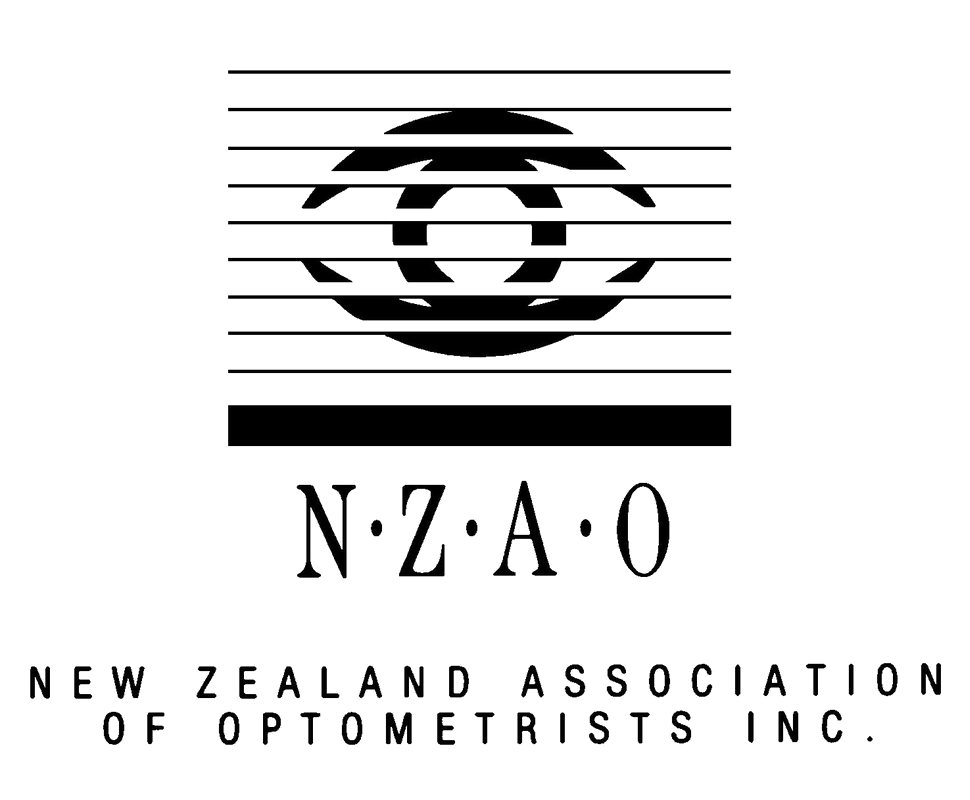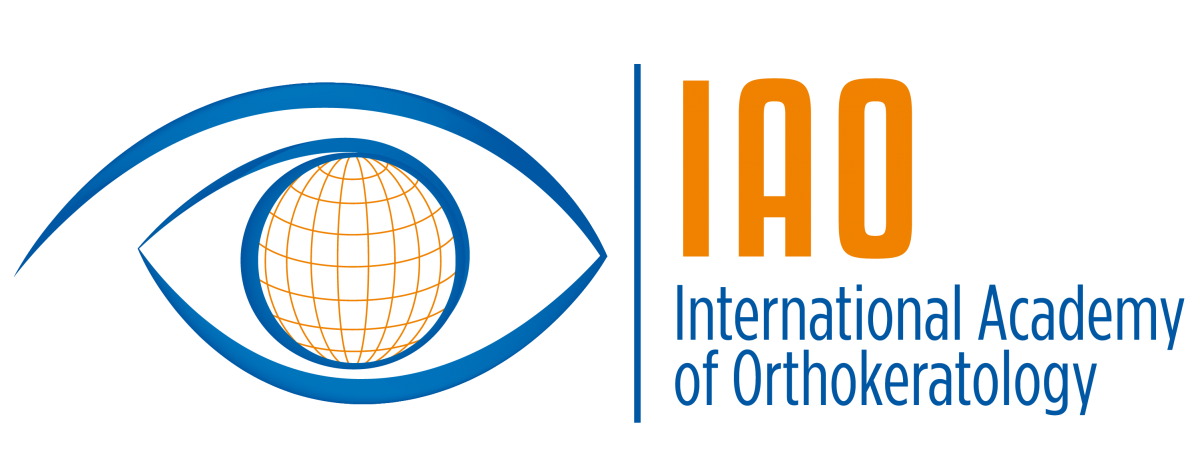In an ideal eye-health world, you should wear fashionable UV-blocking sunglasses, get regular eye examinations, exercise regularly, try not to rub your eyes too much and nourish your eyes from the inside out with a nutritious diet. Nutrients are used to keep the eye healthy overall, and some of them have been found to reduce the risk of eye disease. Below are some of the most helpful vitamins for eye health and a recipe for optimal eye health. Incorporating these into your diet may help decrease the risk of eye problems.
Fruits and Vegetables rich in Vitamin C
Vitamin C is a critical component to eye health. It acts as an antioxidant that helps protect the body from damage caused by things we consume in the form of food, air and other environmental factors. For example smoke, fried foods and UV rays can produce ‘free-radicals’, these can damage and kill cells in the body including the eyes. Vitamin C helps repair and grow new tissue cells for overall health and robustness of organs. Great sources of Vitamin C include citrus fruits, such as oranges, tangerines, grapefruit and lemons. In addition, lots of other foods offer vitamin C, including peaches, red bell peppers, tomatoes and strawberries.
Eating a ‘rainbow’ of fruits and vegetables can be very beneficial to your eye and general health.
Vegetables and Seeds rich in Vitamin E
Another important antioxidant is vitamin E, which also helps keep cells healthy. Vitamin E can be found in avocados, almonds and sunflower seeds. Antioxidants including Vitamin C and E can prevent or at least delay the onset of eye diseases including age related macular degeneration (ARMD) and cataracts according to the Age-Related Eye Diseases Study (AREDS).
Oily fish and shellfish rich in Omega 3 essential fatty acids
Omega 3 essential fatty acids are necessary for overall health and wellness. Essential fatty acids are found in oily fish and shellfish, and some plant foods such as flaxseed. They are beneficial to the eyes in a number of ways. Firstly they act to reduce the stimulus to inflammation in the eyes which decreases discomfort and improves outcomes of other treatments. In addition Omega 3 essential fatty acids are an important component of the meibomian gland secretions (meibum) in the eyelids. Meibum is the ‘roof’ of the tear film which prevents the watery tears from evaporating. Issues with meibum quality leads to evaporative dry eye disease, which affects roughly 20% of New Zealanders.
It is important to have the correct Omega 3 essential fatty acid levels in our body to enhance oil and tear fluid production. In order to improve and prevent the sensation of dry eyes.
Leafy green vegetables rich in Lutein and Zeaxanthin
Lutein and zeaxanthin are antioxidants found in the pigments of leafy green vegetables and other brightly coloured foods. They work by filtering components of light preventing the formation of reactive oxygen species (ROS). They are key to protecting the important parts of the retina including the macula, the area of the eye that gives us our central, most detailed vision. Great sources of lutein and zeaxanthin include kale and spinach. Other foods with useful amounts include lettuce, broccoli and peas.
Legumes rich in Zinc
Zinc is an important mineral that helps to maintain the health of the retina, cell membranes, and protein structure of the eye. It acts to enhance the transport of Vitamin A from the liver to the retina to produce melanin. Melanin is a pigment that helps to protect the eyes from UV light. All kinds of beans (legumes), including black-eyed peas, kidney beans and lima beans all include great levels of zinc. Other foods high in zinc include oysters, lean red meat and poultry.
Supplements for eye conditions
Sometimes it is difficult to obtain the correct levels of various vitamins and antioxidants with just diet alone. Fortunately there are high-quality dietary supplements that your Bay Eye Care optometrist can recommend to help with certain eye conditions. For example we routine recommend Omega-3 containing Lacritec tablets for people with dry eye disease, and Macutec (Vitamin C, E, Lutein, Zeaxanthin, Zinc) for people at risk of developing significant macular degeneration. Book an appointment with our team to see if your eyes may benefit from these supplements.







